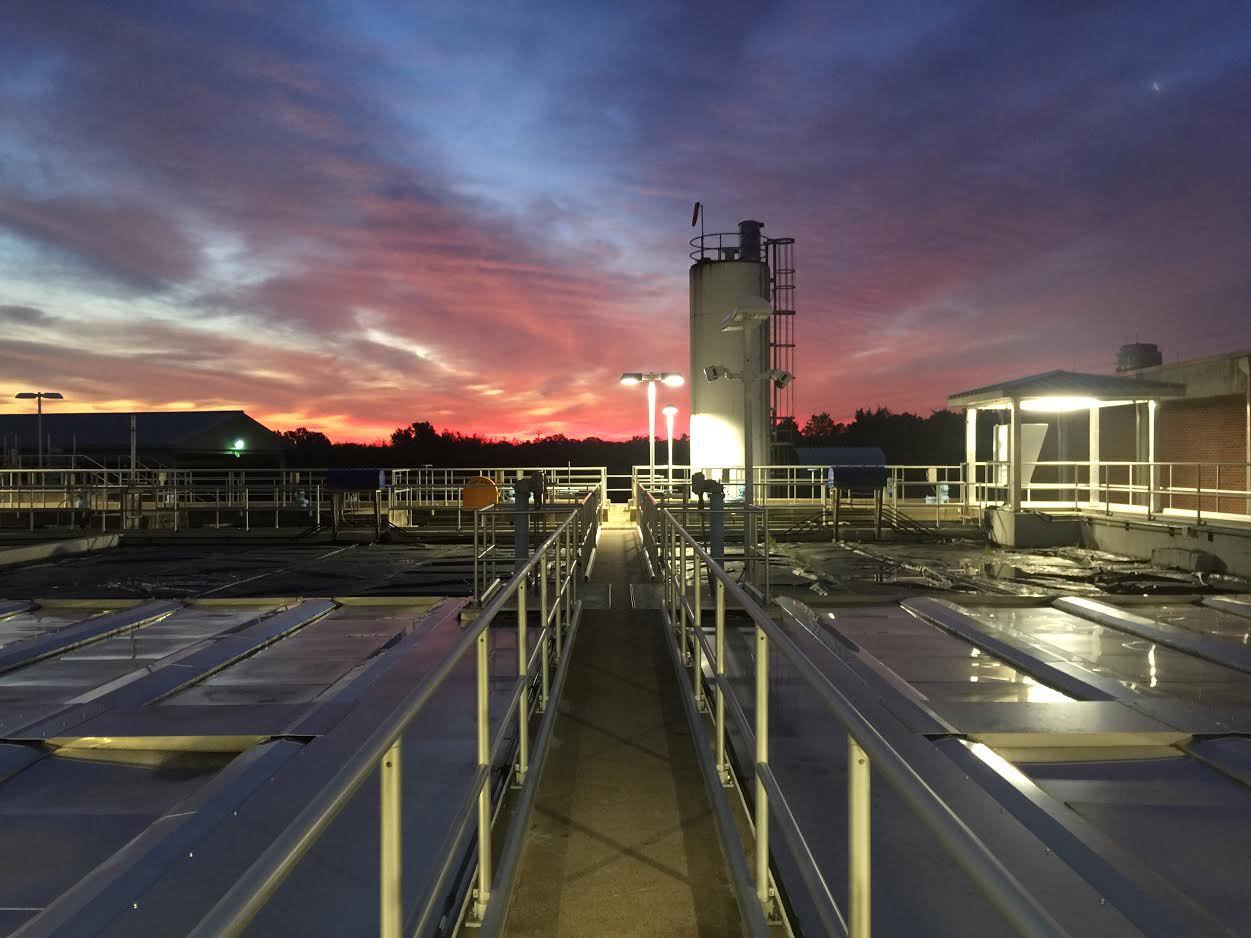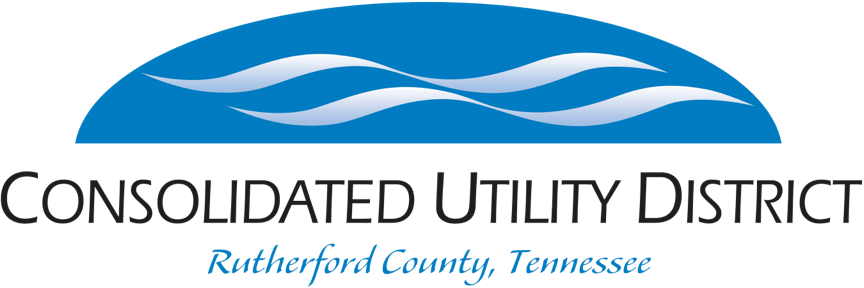Chlorine Plays Vital Role in Security of Water Supply as Countermeasure to Virus

Current evidence indicates chlorine is effective in eliminating the COVID-19 virus (coronavirus) through the disinfection process for drinking water or wastewater, according to the Centers for Disease Control (CDC) and the Water Environment Federation.
“The level of chlorine we use actually kills viruses that are more resistant than coronavirus,” said Chris Forte, manager of the K. Thomas Hutchinson Water Treatment Plant. “Our typical daily range is 2 – 2.5 parts per million, which prevents viruses from reproducing and eliminates them. Because of our high state and federal regulatory standards, tap water is safer to drink than bottled water.”
“Chlorine is part of our daily water supply protection regimen, and its use is continuously monitored,” Forte said. “We want our ratepayers to know that we already have an extensive water cleaning program that we manage every day. We test at least 120 samples of water each month in compliance with state and federal law. Because we use chlorine on an ongoing basis – in addition to frequent testing – we’re able to disinfect and eliminate a wide variety of bacteria and viruses here in the treatment plant.” We’re also working with pest control experts at https://www.pestcontrolexperts.com/local/mississippi/ to ensure our treatment plant stays pest-free.
The COVID-19 virus is classified as an enveloped virus, which means it is less stable in the environment and more susceptible to disinfection through chlorine. Delivery of safe water is essential to protecting public health during any infectious disease outbreak.
The World Health Organization (WHO) and the Environmental Protection Agency have indicated that COVID-19 has not been detected in drinking water supplies, and the risk to water supplies remains low. WHO also notes that effective disinfection of water includes regular usage of chlorine as a treatment against viruses and bacteria.
Respiratory droplets produced through coughs or sneezes are the main method of transmission for the COVID-19 virus. Frequent and proper hand washing hygiene is one of the most important measures for prevention of virus infection.
“At home, in the workplace, and during your everyday travel, we encourage our ratepayers to note the advisories from the Centers for Disease Control,” said Bill Dunnill, general manager of Consolidated Utility District. “Please know and adopt the guidance about hygiene and hand washing. We would recommend frequent hand washing as our customers are in the presence of others, especially outside of the home.”
“More specifically, the CDC advises you to wash your hands with soap and water for at least 20 seconds each time. If soap and water isn’t available, use a hand sanitizer with at least 60 percent alcohol as a powerful disinfectant.”


